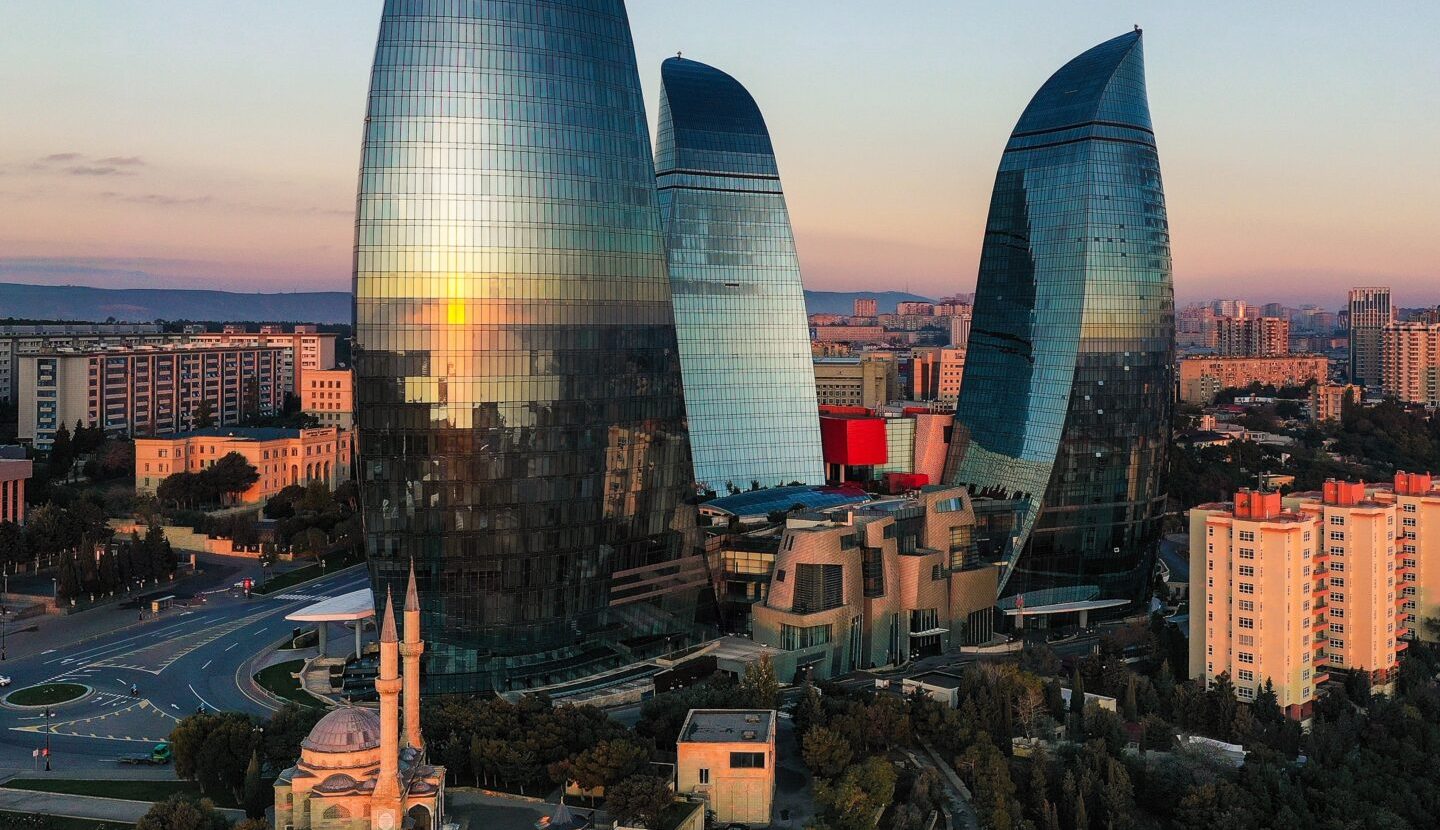Oil and gas will continue to dominate Azerbaijan’s economy in the medium term, but the outlook for its fossil fuel exports is uncertain due to major importers’ net zero commitments.
Azerbaijan would benefit from energy market reforms, efficiency requirements, and more clean energy to prepare for energy transitions both at home and abroad, according to a new policy review by the International Energy Agency.
While oil and gas will continue to dominate both Azerbaijan’s economy and its energy supply in the medium term, commitments taken by its leading trading partners to achieve net-zero emissions raise questions about the long-term demand for the country’s fossil fuel exports, the IEA report says.
The policy review recognizes that Azerbaijan currently contributes to global energy security through its role as a reliable exporter, noting examples such as the recently completed Southern Gas Corridor that supplies Azerbaijani gas to Europe. At the same time, the report underlines the need for Azerbaijan to prepare its economy and energy system for accelerating clean energy transitions around the world.
The new report proposes several ways Azerbaijan can make its energy supply and consumption more efficient and diverse. The overarching recommendation is to gradually shift from the current energy system to one based on competitive markets, significant private sector participation and prices that cover operating costs.
Azerbaijan’s government has recently drafted proposals for electricity and gas market reforms, as well as laws on energy efficiency and renewable energy. The report encourages Azerbaijan to move swiftly to adopt all these proposals and to ensure their effective implementation.
Tariffs are a critical issue for electricity and gas markets. Low levels of tariffs, often below the full cost of supply, lead to distortions and inefficiencies in the heat and electricity sectors. The policy review makes the case for phasing out the implied subsidies while recommending support measures for financially vulnerable households.
Successful electricity and gas market reforms would also attract new entrants and investment in the renewable electricity sector. Azerbaijan has recently started to develop its world-class potential for solar and wind power. The IEA policy review recommends Azerbaijan to be ambitious, and welcomes the government’s plans to raise the share of renewable energy in total generating capacity from 16% in 2018 to 30% in 2030.
Azerbaijan has plenty of scope to improve its energy efficiency. The new report strongly encourages the government to recognise that greater energy efficiency can benefit the economy, reduce pollution and create jobs. The report therefore recommends the rapid adoption of the laws, strategies, policies and measures needed to realise this potential.
Measures to diversify energy supply, cut subsidies and increase efficiency would also help reduce greenhouse gas emissions. With further economic growth and urbanisation expected in Azerbaijan, the report encourages the government to integrate energy and climate aspects into long-term urban development and transport planning.





